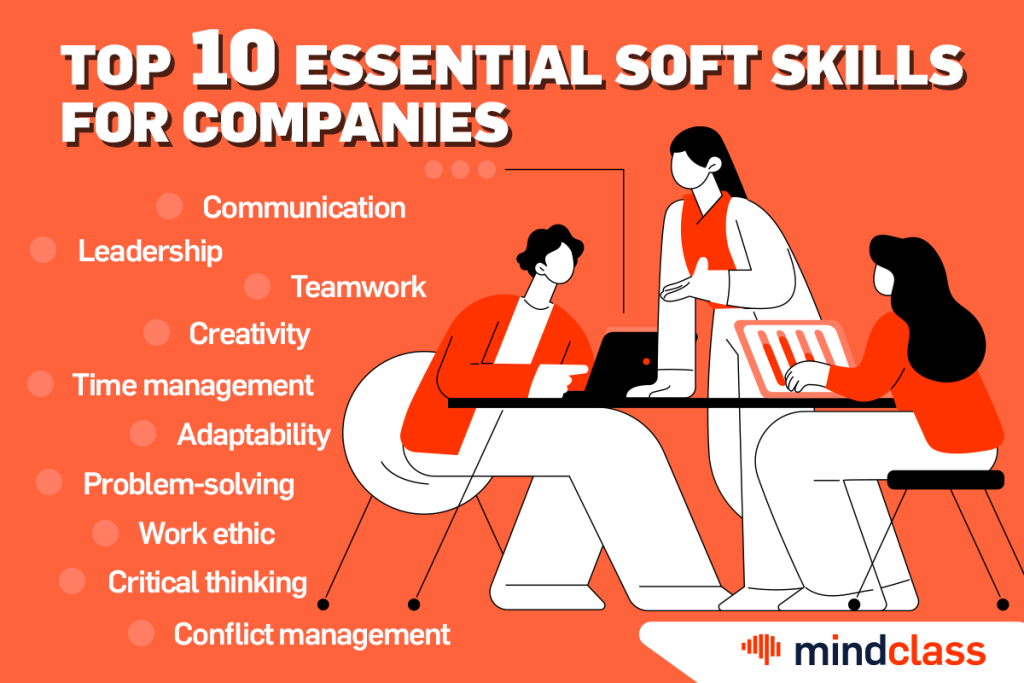In today’s dynamic and interconnected business landscape, the importance of soft skills cannot be overstated. While technical skills are vital to job performance, soft skills such as communication, teamwork, adaptability, and emotional intelligence play a crucial role in fostering a positive work environment and boosting overall success. As companies recognize the importance of cultivating these essential skills, soft skills training has become a priority in employee development.
The role of soft skills training in employee development
Before embarking on any soft skills training initiative, it is essential to identify specific competencies that need improvement within your organization. Conducting surveys helps to gather feedback from employees. These performance appraisals can be used to analyze existing strengths and weaknesses in soft skills. Understanding the needs of employees allows you to tailor your training program to effectively address specific areas of development.
Define measurable objectives for soft skills
If gaps have been identified after the soft skills assessment, it is important to set clear and measurable objectives for the training program.

Creating interactive and attractive workshops for soft skills
Effective soft skills training should be engaging, interactive and relevant to employees’ daily work experiences. A combination of training methods should be considered, including workshops, role-play exercises, simulations, and group discussions. Incorporating real-life scenarios and case studies helps training to be relatable and applicable to the workplace.
Use of eLearning platforms
E-learning platforms offer a flexible and affordable way to deliver soft skills training to employees. Online courses, webinars and interactive modules can provide self-paced learning opportunities, allowing employees to develop their soft skills at their own pace. The content offered by e-learning platforms is engaging, interactive and tailored to meet specific learning needs.
Implementation of regular feedback mechanisms
To strengthen the impact of soft skills training, regular feedback mechanisms need to be established. In this way, employees are encouraged to provide feedback on their progress and the challenges they face in applying their newly acquired skills. Managers can also provide constructive feedback and recognition to motivate continuous improvement.
Emphasising the long-term impact of soft skills training
In a world where effective communication, emotional intelligence and adaptability are essential for success, soft skills training is no longer optional but essential. By investing in employee soft skills development, organizations can create a positive work culture, improve teamwork, enhance customer relations, and boost overall productivity. A well-developed soft skills training program, supported by role modelling, mentoring, e-learning and practical applications, can transform the workforce and contribute to the long-term success of the organization.
When it comes to online learning and video courses, it is essential to have a fully integrated and tailored e-learning platform for a seamless and engaging learning experience. mindclass is an ideal tool that offers a wide range of over 650 online courses for corporate learners.





